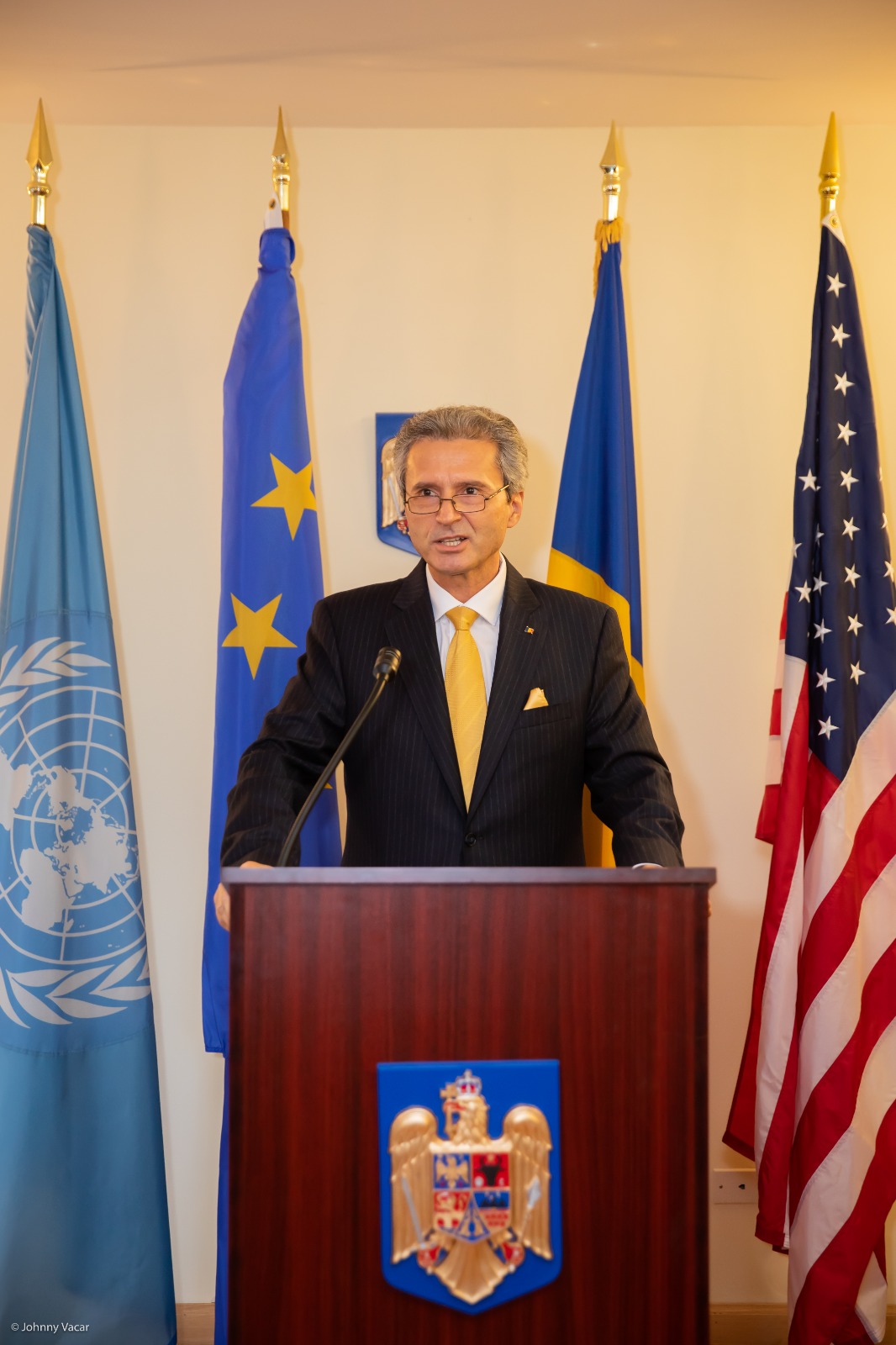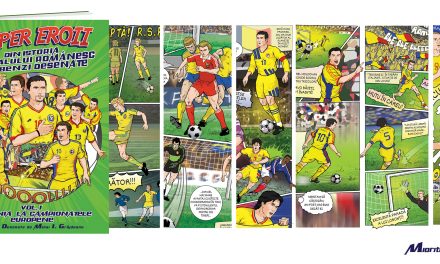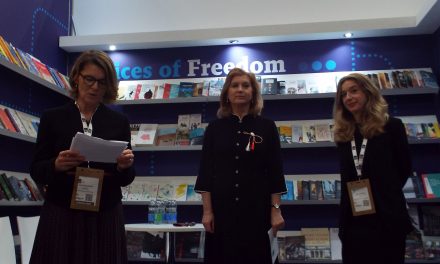Motto: “No Freeman shall be seized or imprisoned, or stripped of his rights or possessions, or outlawed or exiled, or deprived of his standing in any other way, nor will we proceed with force against him, or sent others to do so, except by the lawful judgement of his equals. To no-one will we sell, to no-one deny or delay right to justice.” (Magna Carta)
According to Oxford English Dictionary, “Freedom is the state or fact of being free from servitude, constraint, inhibition…” and Wikipedia defines freedom as “the power or right to speak, act, and change as one wants without hindrance or restraint.”
One of the first codifications of “freedoms” is the Magna Carta, sealed on 15 June 1215, at Runnymede (near Windsor), by King John of England. Out of its 63 original provisions, three remains valid until today: “The Church of England shall be free, and shall have all her whole rights and liberties inviolable”. “‘The City of London shall have all the old liberties and customs” – the tradition of granting the Freedom of the City of London dates back to 1237 (In 2014, when Ambassador of Romania to the United Kingdom, I was granted the Freeman of the City of London.).
But the most relevant one is in the motto to this article, and it continues to be seen as a cornerstone of liberty and a reference against the arbitrary use of power. It was embodied in the 1791 American Bill of Rights and in the Universal Declaration of Human Rights adopted by the United Nations General Assembly in 1948, in Paris.
In 1941, in the State of the Union address before the US Congress, President Franklin D. Roosevelt mentioned “four essential human freedoms”: “The first is freedom of speech and expression. The second is freedom of every person to worship God in his own way. The third is freedom from want, which will secure to every nation a healthy peacetime life for its inhabitants. The fourth is freedom from fear, which means that no nation will be in a position to commit an act of physical aggression against any neighbor.” The four freedoms of the European Union (free movement of goods, capital, services, and labor) were also inspired by the British history of freedoms – in a way, it is an extension of the old Freedom of the City of London to the scale of a continent.
Seen from Strasbourg, October 2025 was a month of events dedicated to freedoms. On 2 October, the 7th summit of the European Political Community (EPC), in Copenhagen, Denmark, focused on the security situation in Europe and how to make Europe stronger and more secure in the current geopolitical reality. On that occasion, the President of Romania, Nicusor Dan, pointed out: “At a time when the security of the European continent is being tested, we must intensify our national efforts and international cooperation to be able to respond quickly and effectively to all types of threats, including cyber and hybrid ones.” In his turn, Alain Berset, Secretary General of the Council of Europe (CoE), remarked: “Our first line of defense for the European continent is democratic security. Military security protects our borders. Democratic security protects our freedoms. Ensuring democratic security is key for Europe and the wider international order.”
On 7 October, in the historic city of Valletta, Malta, CoE Committee of Ministers’ Deputies discussed on the consequences of the Russian Federation aggression against Ukraine and the Council of Europe’s external dimension. Then, on 8-9 October, also in Valletta, CoE Ministerial Conference “Young People for Democracy: Youth Perspectives in Action” approached the urgency to integrate young people as partners in parliaments and governing boards, noting that: “Young people are disillusioned with democracy. This is a wake-up call. Youth must be present in everything we do. We need to build a bridge across the gap between generations that threatens to pull us apart.”
On 10-11 October, in Venice, Italy, I attended the 35th Anniversary of the European Commission for Democracy through Law (Venice Commission). The Venice Commission assembles and develops the constitutional experience of 61 member states, in line with international standards in the fields of democracy, human rights and the rule of law, transforming the instability of politics into the stability of law. Speaking at the event, the President of the Republic of Moldova, Maia Sandu, said: “We must redefine transparency, accountability, and political freedom in a world where money, technology, and disinformation move faster than law.”
An moment of global impact was “The Peace in the Middle East Summit”, co-chaired by Presidents Donald Trump of the United States and Abdel Fattah el-Sisi of Egypt, on 13 October in Sharm El Sheikh. “The Trump Declaration for Enduring Peace and Prosperity”, signed on that occasion by the President of the United States of America, the President of the Arab Republic of Egypt, the Emir of the State of Qatar and the President of the Republic of Türkiye, could change the future of the region: “We welcome the truly historic commitment and implementation by all parties to the Trump Peace Agreement, ending more than two years of profound suffering and loss… We seek tolerance, dignity, and equal opportunity for every person, ensuring this region is a place where all can pursue their aspirations in peace, security, and economic prosperity, regardless of race, faith, or ethnicity… In this spirit, we welcome the progress achieved in establishing comprehensive and durable peace arrangements in the Gaza Strip…”
On 17 October, the Council of Europe held an informal meeting on “Freedom of Expression. Disinformation and Elections”. In a democracy, free and fair elections are fundamental, and trust is not a luxury but the glue that holds society together. And when elections are manipulated or distorted, the very fabric of democracy is destroyed. The debate reminded me of the equation “2+2=5” in George Orwell’s dystopian novel “1984” which examines the role of truth and facts within societies and the ways in which they can be manipulated. If we are told long enough that 2+2=5, then we will begin to take that as a fact. And when that becomes fact for a large number of people, reason is gone and democracy ends.
As CoE Deputy Secretary General, Bjorn Berge, remarked at the event: “Disinformation is probably as old as human history. What has changed is the speed at which those lies travel and the methods used, which make it so very difficult for all of us to discern what is real and what is not.” To fight disinformation, he suggested to focus on facts and truth: “Artificial Intelligence can help detect disinformation and enhance fact-checking efforts. Safeguarding journalists and upholding press freedom are essential for ensuring the dissemination of accurate information. We must enhance media literacy, by providing education that focuses on critical thinking and the ability to assess sources of information. Holding social media companies accountable for the content shared on their platforms can also help reduce the spread of disinformation. And I believe also the proposal by the Secretary General on a new convention on combating foreign influence and disinformation can be very helpful.” To all this, I would add the words of U.S. Secretary of State, Marco Rubio: “The best way to counter disinformation is free speech.”
Then, on 24 October, we celebrated the United Nations Day, marking 80 years since the UN Charter came into force. At the foundation of the UN Charter lie the principles of peace, sovereignty and freedom, as prerequisites of a stable, secure and prosperous world. But, as the UN Secretary General Antonio Guterres, noted: “The Charter is not self-executing. It requires countries looking beyond their national interests and re-building trust and faith in one another. And it requires that, while we cannot solve all the world’s problems here, we can unite behind solutions that will ultimately move humanity closer to a better, fairer, and more peaceful and equal world for all.” Rarely in the past the need for unity, justice and freedom has been greater than today, when the prospects for the future are threatened by wars, shifting geopolitics, rapid technological change, environmental degradation, ideological extremism, and disinformation.
A special moment for Romanians was the celebration of the Romanian Army Day, on 25 October. On that day in 1944, the Romanian Armed Forces freed the city of Carei, completing the liberation of North-West Transylvania from the foreign occupation imposed on Romania through the outrageous Vienna Diktat on 30 August 1940, then they contributed to the liberation of Hungary, Yugoslavia, Austria and Czechoslovakia. Until the end of WW2 in Europe, 538,500 Romanian soldiers fought for freedom against the Axis, 167,000 of them being killed, wounded or went missing, a contribution ranking Romania fourth behind the USSR, USA and Great Britain in the victory against fascism. 25 October was also King Michael’s birthday, and Romanian generals who led the military operations in October 1944 dedicated the victory to the King’s anniversary, in his capacity as Commander in Chief of the Army (In 2008, alongside Ivor Porter, a British diplomat and agent of Special Operations Executive, parachuted in Romania during WW2, and Jonathan Eyal, director at the Royal United Services Institute in London, I had the privilege of receiving from the hand of the King “The Cross of Romania’s Royal Household”.).
Foreign policy is about values, interests and power. As s a diplomat, I have always been fascinated by history, because I believe that understanding the alloy of the three ingredients, throughout history, helps shape the present and anticipate the future. As the Spanish-American philosopher George Santayana once wrote: “Those who cannot remember the past are condemned to repeat it.” (“The Life of Reason”, 1905). History is also the pulse of national identity, and knowledge of history is an antidote to manipulation and disinformation, a gateway to freedom.
Finally, a possible way forward through the hectic times we live in could be the one suggested by Henry Kissinger: “The goal of our era must be to achieve that equilibrium while restraining the dogs of war. And we have to do so among the rushing stream of history. The well-known metaphor for this is in the fragment conveying that one cannot step twice in the same river. History may be thought of as a river, but its waters will be ever changing. The history’s meaning is a matter to be discovered, not declared. Each generation will be judged whether the greatest, most consequential issues of the human condition have been faced, and that decisions to meet these challenges must be taken by statesmen before it is possible to know what the outcome may be.” (“World Order”, Penguin Books, 2015).
Dr. Ion I. Jinga
Note: The opinions expressed in this article no not bind the official position of the author.






